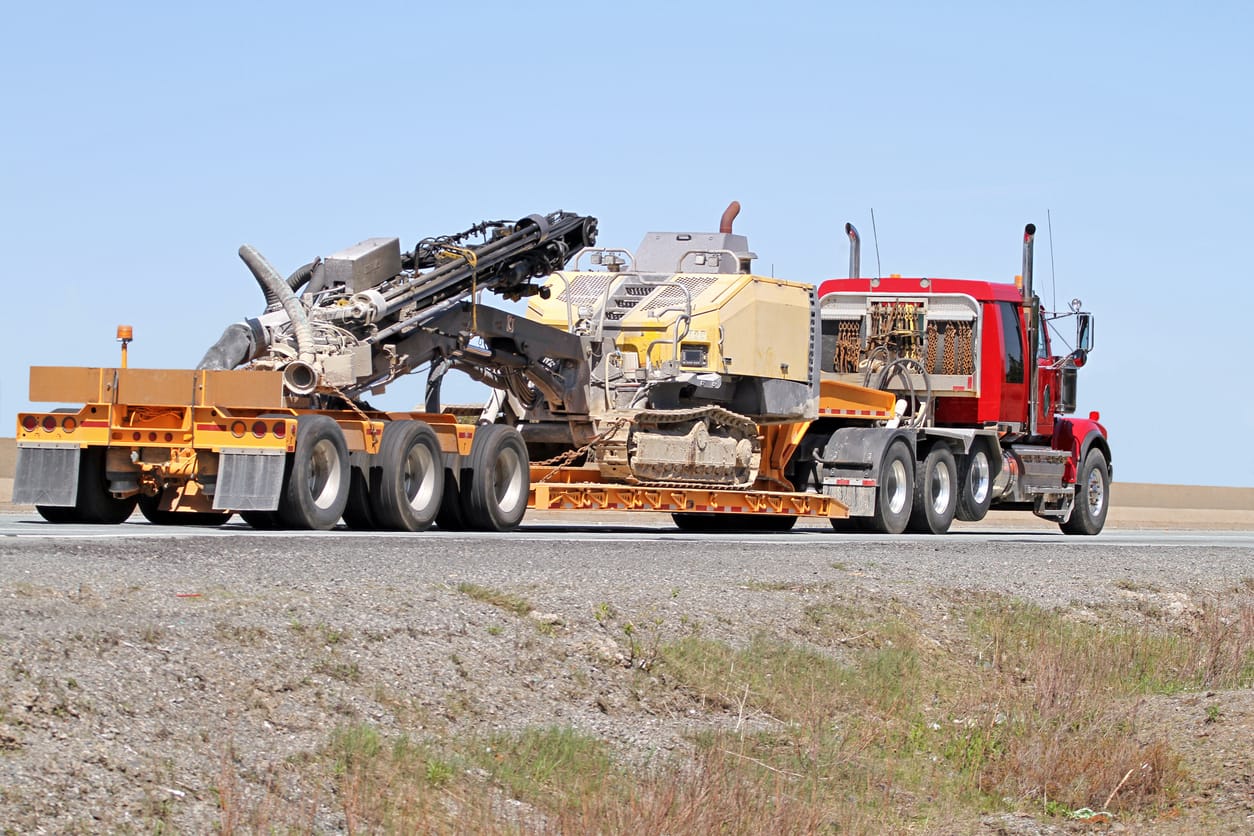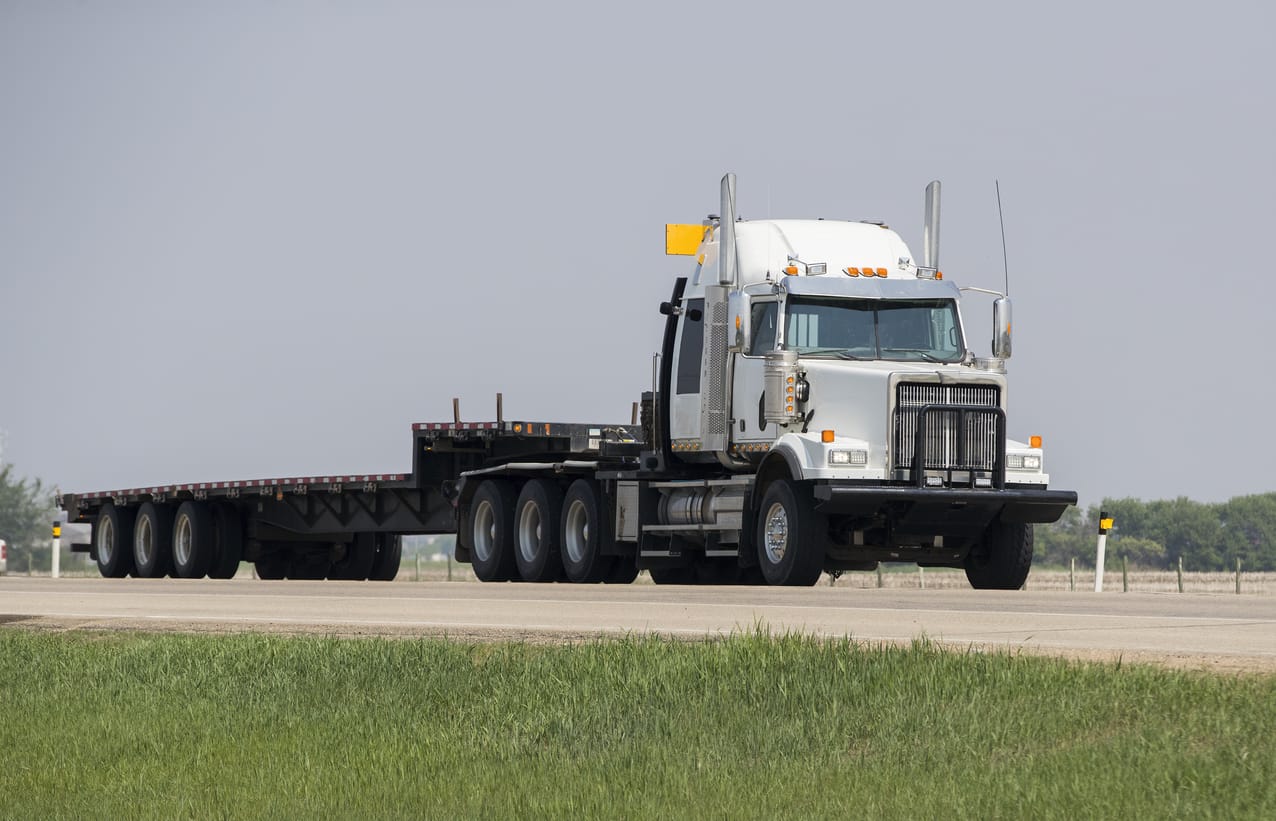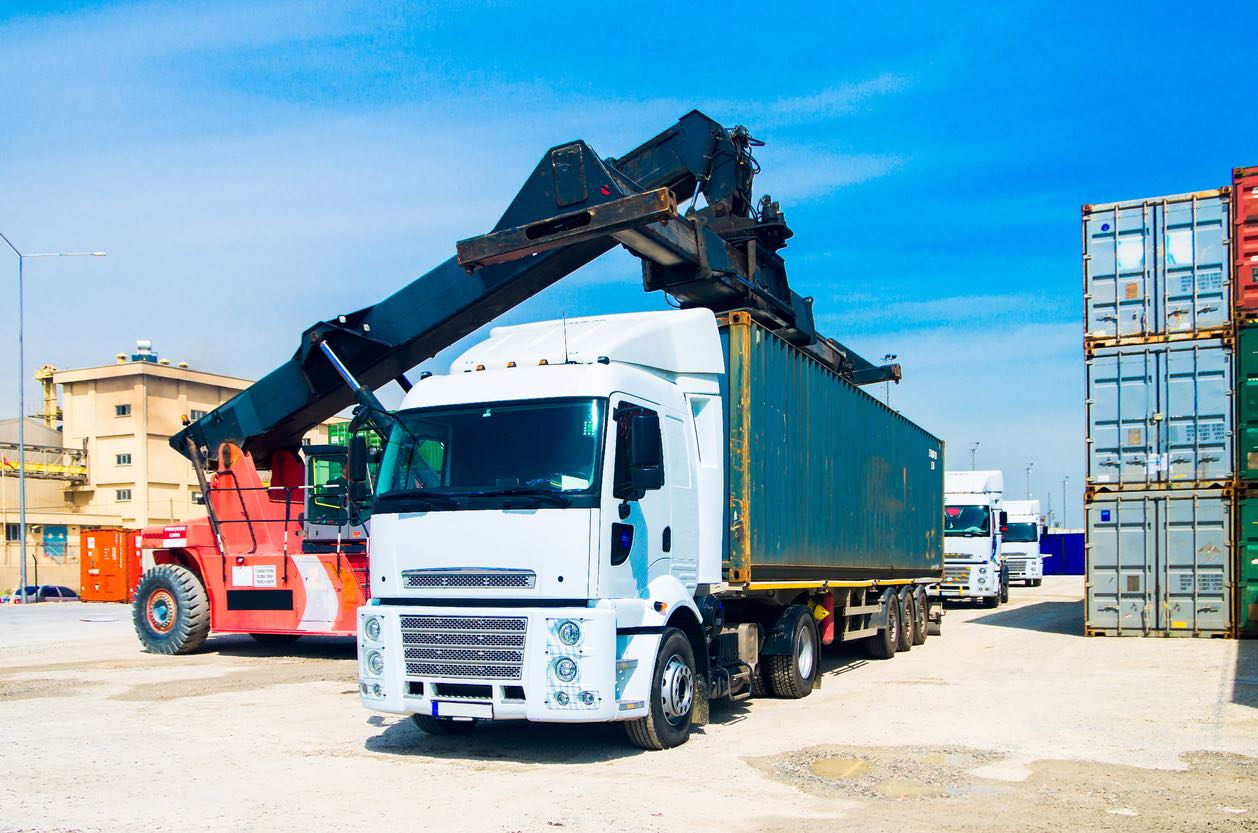Inflation can have a heavy toll on heavy-haul equipment shipping. A decrease in consumer spending can mean less demand for the products shipped by heavy-haul equipment. At the same time, currency devaluation can make it more expensive to ship products. Businesses also may be less likely to invest in heavy-haul equipment shipping if they anticipate inflation and instead focus on cost-cutting measures. These factors can lead to a decline in the heavy-haul equipment shipping industry, which can have ripple effects throughout the economy.

When inflation rates are on the rise, it’s common for consumers to start cutting back on their spending. That’s because when prices go up, the purchasing power of your money goes down. In other words, you can’t buy as much with the same amount of money as you could before. So, when inflation starts to eat into the budget, it’s natural to begin scaling back on spending. This can have a ripple effect on the heavy-haul equipment shipping industry because the economy relies heavily on consumer spending.
If fewer people buy goods and services, businesses will start to ship fewer products. This can lead to a decline in heavy-haul equipment shipping activity and a drop in the demand for heavy-haul equipment.

High inflation can lead to currency devaluation. This can make it more expensive to ship using heavy-haul equipment because when currencies are devalued, the price of heavy-haul equipment shipping goes up due to changes in relative prices. This is one of the main reasons why heavy-haul equipment shipping businesses have to keep a close eye on inflation rates to ensure that they can stay competitive.
If inflationary pressures become too high, it may be necessary to raise prices to offset the increased costs associated with heavy-haul equipment shipping. However, raising prices can often lead to decreased demand and lower profits. As a result, businesses must be careful when determining how to respond to high inflationary pressures.
Inflation can also cause interest rates to rise. This can make borrowing money to buy or lease heavy-haul equipment more expensive and consequently, this can make a big difference in the bottom line in the heavy-haul shipping industry. When heavy-haul equipment is more costly to lease, the cost of shipping goods goes up. This drives up the cost of consumer goods and leaves businesses with less profit margin.
In addition, when interest rates are high, it becomes more expensive to finance the purchase of heavy-haul vehicles. As a result, companies may be less likely to expand their heavy-haul fleets, leading to a decrease in shipping capacity and an overall increase in shipping costs.

Heavy-haul equipment shipping plays a vital role in the economy. This industry is responsible for transporting large and expensive items, such as construction equipment, vehicles, and heavy machinery. Unfortunately, during periods of high inflation, businesses are often forced to cut costs wherever possible.
This can include cutting back on heavy-haul equipment shipping, leading to longer wait times and higher prices. As a result, it’s essential to be aware of the potential risks of inflation and plan accordingly. Then, you can help ensure that your business can weather any economic storms that may come your way.
In short, high inflation can have several negative consequences for the heavy-haul equipment shipping industry. It can decrease consumer spending, cause currency devaluation, and create higher interest rates. This can cause businesses in the industry to scale back on their operations or even go out of business altogether. It is vital for companies in this sector to monitor inflation closely and adjust their prices accordingly. By doing so, they can help protect their profits and keep their operations running smoothly.
Whether you ready to move your heavy haul equipment cross country right now or you are simply looking for some more information, give Ship A Car a call to speak with a dedicated and experienced heavy haul transport coordinator now at 866-821-4555.




